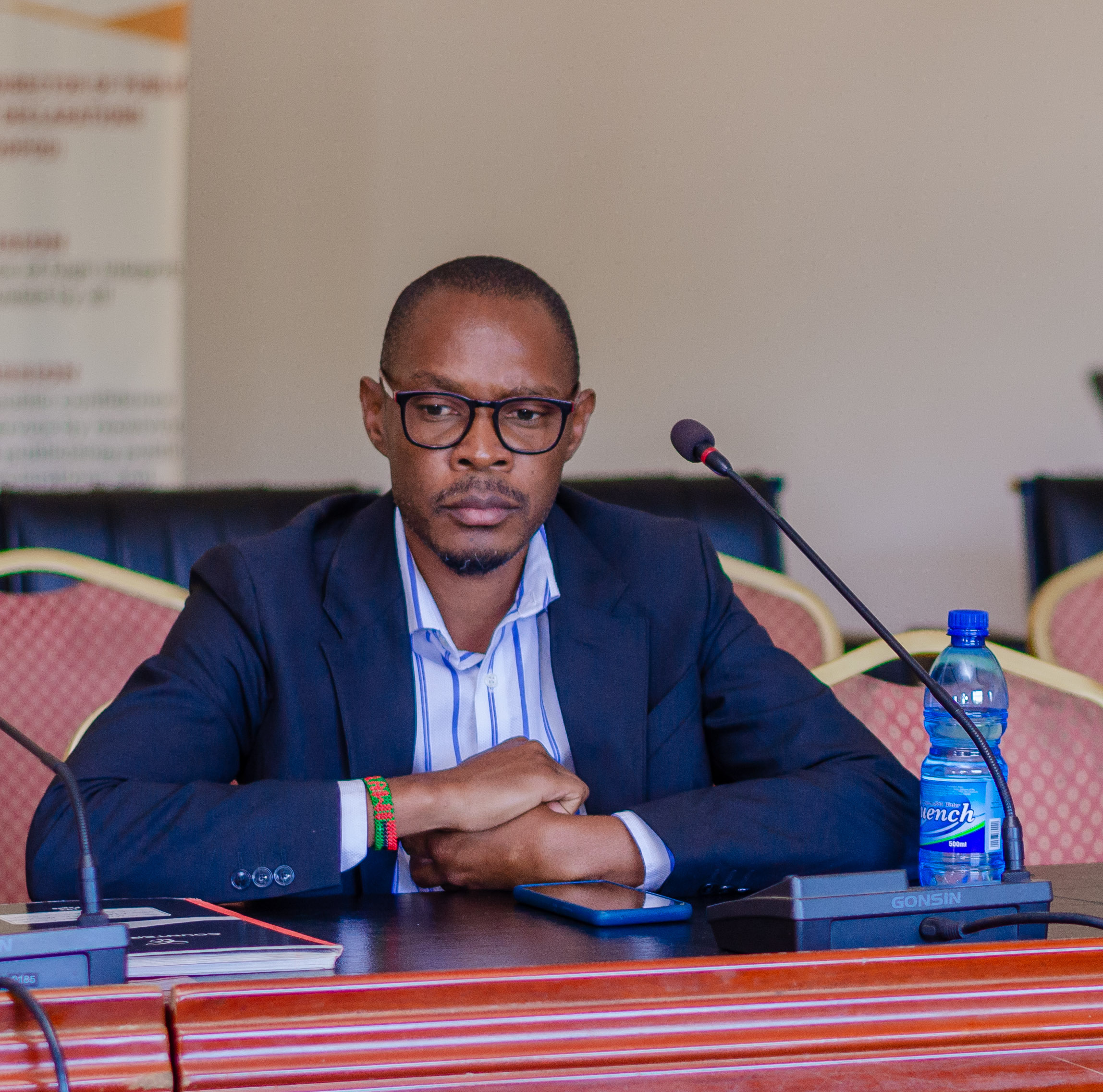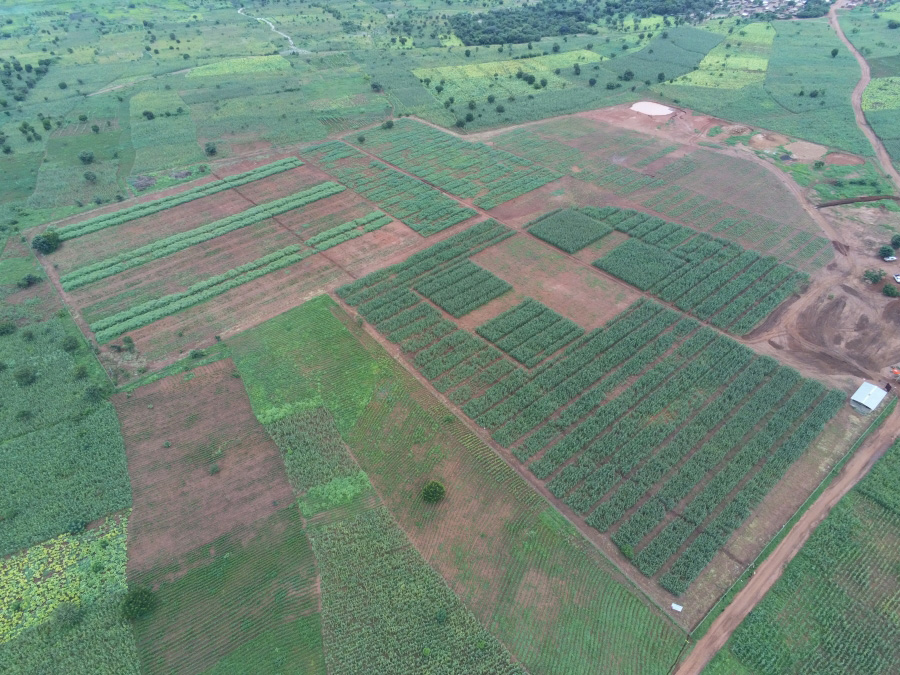A study by economic researchers has recommended to the Malawi Government to tread carefully when offering tax exemptions in line with regional trade pacts in order to check the bludgeoning trade deficit.
The Economic Researchers have also advised the government to address smuggling of foreign products into the country to address revenue losses and scale up Malawi’s benefits from trade liberalization in order to grow the economy.
The researchers from a Zimbabwean firm, Trade and Development Studies Centers, made these recommendations at Ryalls Hotel in Blantyre as part of the results of the study on the impacts of Malawi’s Bilateral and Regional Trade Agreements which was financed by the European Union (EU) under a Technical Assistance initiative aimed at supporting Malawi to benefit from Bilateral, Regional and Multilateral Trade Agreements.
A report on one out of five studies carried out by the firm titled “Impact assessment of full trade liberalisation for South Africa, Africa continental free trade area and the COMESA/EAC/SADC/Tripartite free trade area on revenue, industry and Malawi’s economy,” indicated that between 2009 and 2018, the country’s total trade revenue increased by 11% from US$3,209 million to US$3,587 million.
However, the report further stated that “total exports fell by 26% to US$ 880 million in 2018 while imports increased by 34% to US$ 2, 707 million over same period. “
“The trade deficit more than doubled from US$835 million in 2009 to US$1,827 million in 2018 thus putting pressure on Balance of Payment (BOP) position,” reads the report.
Director of Trade and Development Studies Centers Dr. Moses Tekere said there is need for Malawi to place high revenue sensitive products under the exclusion list of African Continental Free Trade Agreement (AfCFTA) which includes South Africa if Malawi is to register optimum results out of full trade liberalisation.
“The South Africa effect is critical in Malawi’s regional trade arrangements including the AfCFTA. Malawi should therefore harmonize its exclusion list under AfCFTA with the list of products currently attracting positive tariffs from South Africa to remain in the exclusion list,” he said.
He said there is also a need for legal and institutional capacity building of institutions implementing trade remedies to deal with instances of unfair competition from imports that threaten local industry.
Tekere also recommended that Malawi scales up support to Small and Medium Enterprises (SMEs) and business institutions on export market readiness.
Principal Secretary in the Ministry of Industry, Trade and Tourism Dr. Ken Ndala commented that Malawi’s trade policy aims at creating an open economy with relatively low tariffs and free from non-tariff barriers therefore participation in the trade agreements reflect Malawi’s commitment in promoting more open and liberal trade as a key component of its development agenda.
Ndala said: ” Malawi’s market ultimately relies on accessing other countries’ markets and attracting investments from other countries. Therefore, as a country, we strongly support initiatives towards trade and investment development and promotion as a vehicle to create incomes, jobs and prosperity.”
However, Ndala said the ministry has noted that there is low capacity and uptake for private sector to market access opportunities arising from trade agreements and great reluctance to support trade liberalization and regional trade negotiations for fear of losing domestic markets.
He said: “The way forward is for firms to embrace the reality and we hold hands in focusing and repositioning towards expanding to other markets. This is more the reason we undertake trade negotiations to facilitate exports while also safeguarding our nascent and strategic industries.”
“We continue to implore upon the private sector to be supportive of these negotiation processes.”
Malawi is among the five countries that are yet to initialize interim Economic Partnership Agreements (EPA) negotiations in the Eastern and Southern Africa (ESA) region and is also one of the countries that have signed but not ratified the Tripartite Free Trade Area and the Africa Continental Free Trade Area.




































